Nature News
-
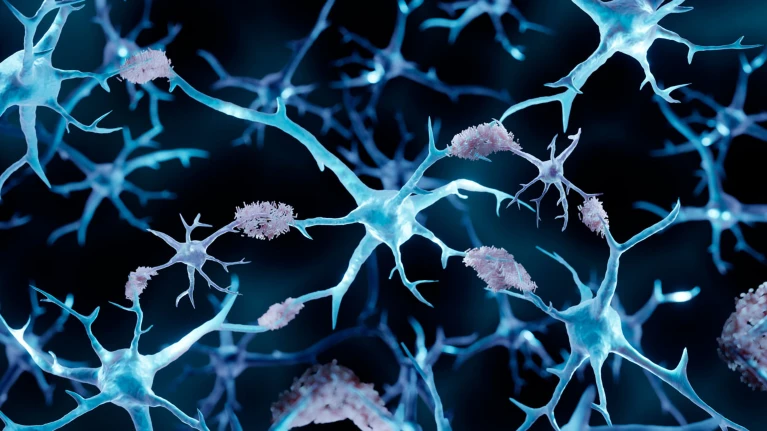
Cancer might protect against Alzheimer’s — this protein helps explain why
A molecule produced by cancer cells can shield the brain from Alzheimer’s disease in mice.
-

How did birds evolve? The answer is wilder than anyone thought
Discoveries in Jurassic rocks reveal that birds were adept fliers earlier than scientists realized.
-

Science in 2026: the events to watch for in the coming year
The rise of AI scientists, missions to explore the moons of Earth and Mars and a massive ocean-floor drill are among the developments set to shape research in 2026.
-
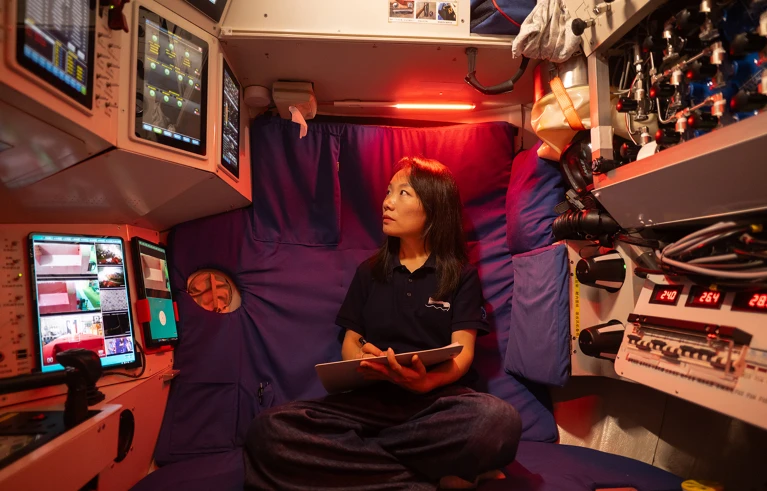
Despite all the negatives, 2025 showcased the power, resilience and universality of science
There were huge disruptions to the global scientific enterprise this year — but immense bright spots for health, discovery, innovation and research collaboration.
-
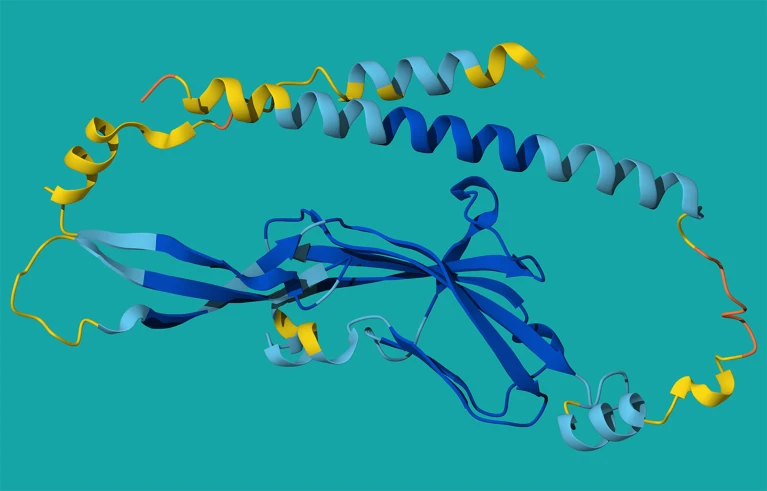
AlphaFold is five years old — these charts show how it revolutionized science
Since it was unveiled in 2020, Google DeepMind’s game-changing AI tool has helped researchers all over the world to predict the 3D structures of hundreds of millions of proteins.
-
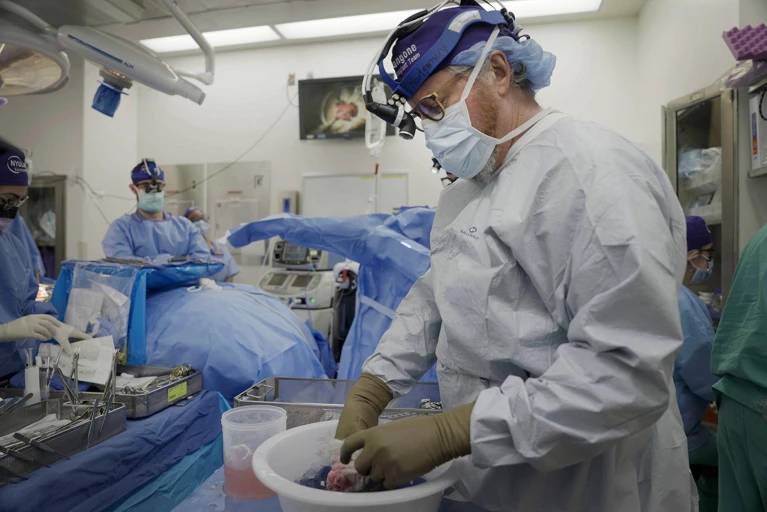
Pig-organ transplants are often rejected — researchers find a way to stop it
The successful treatment in a brain-dead man could be used in living people, to prevent the immune system attacking donor organs.
-

Powerful new antibiotic that can kill superbugs discovered in soil bacteria
Surprise discovery could pave the way for new treatments against drug-resistant infections.
-
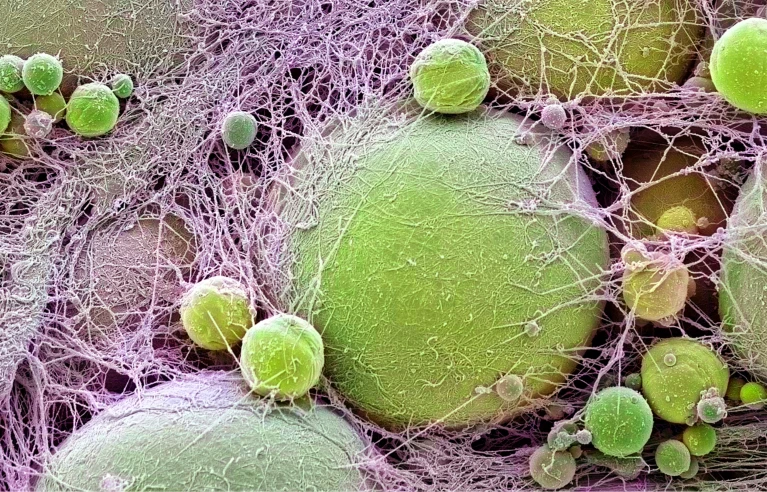
This gene causes obesity — and shields against heart disease
People with certain forms of the MC4R gene have lower cholesterol levels than do other individuals with a high body-mass index.
-

Trump links autism and Tylenol: is there any truth to it?
The US president repeatedly advised people, “Don’t take Tylenol,” but scientists say that strong evidence between the medication and autism is lacking.
